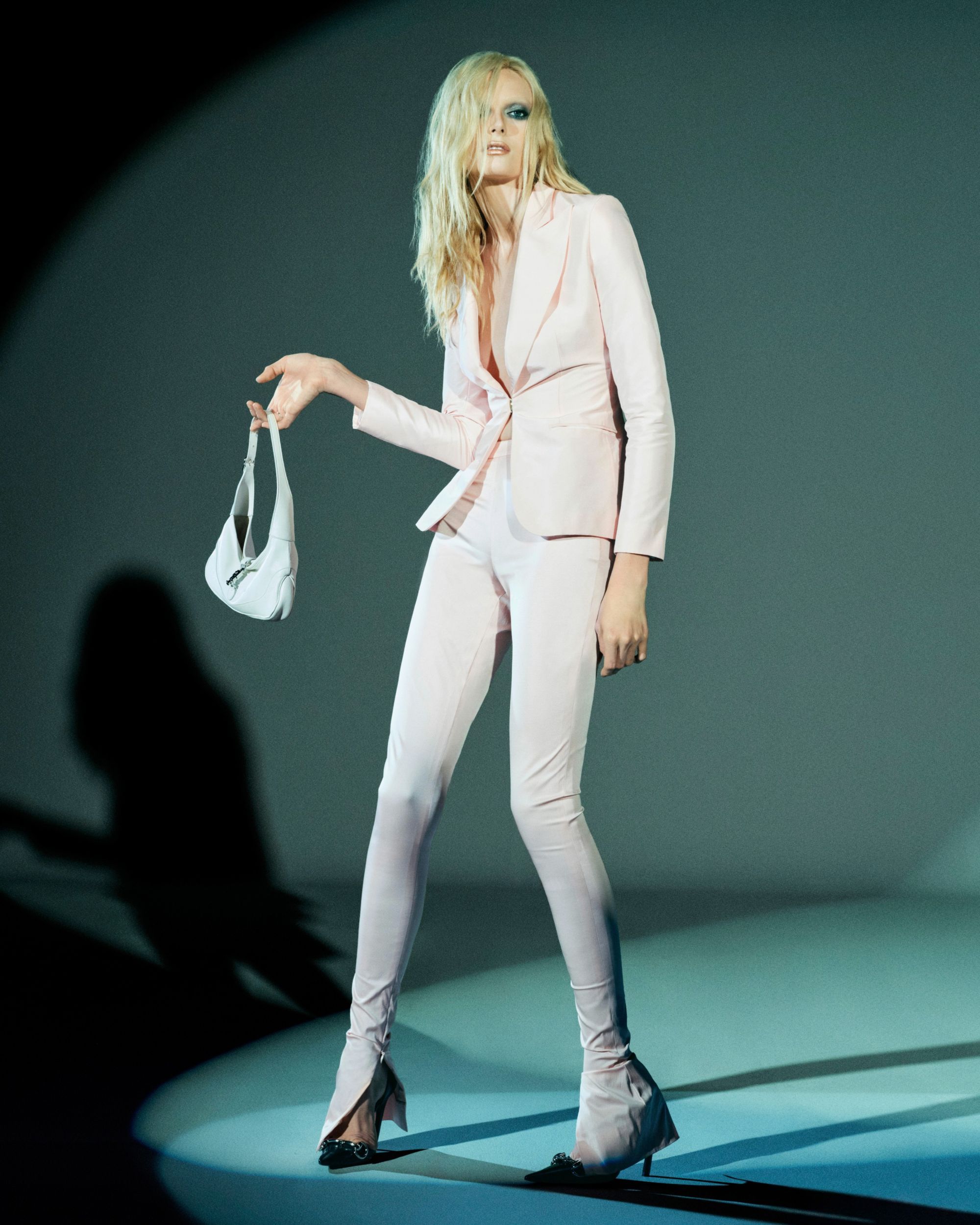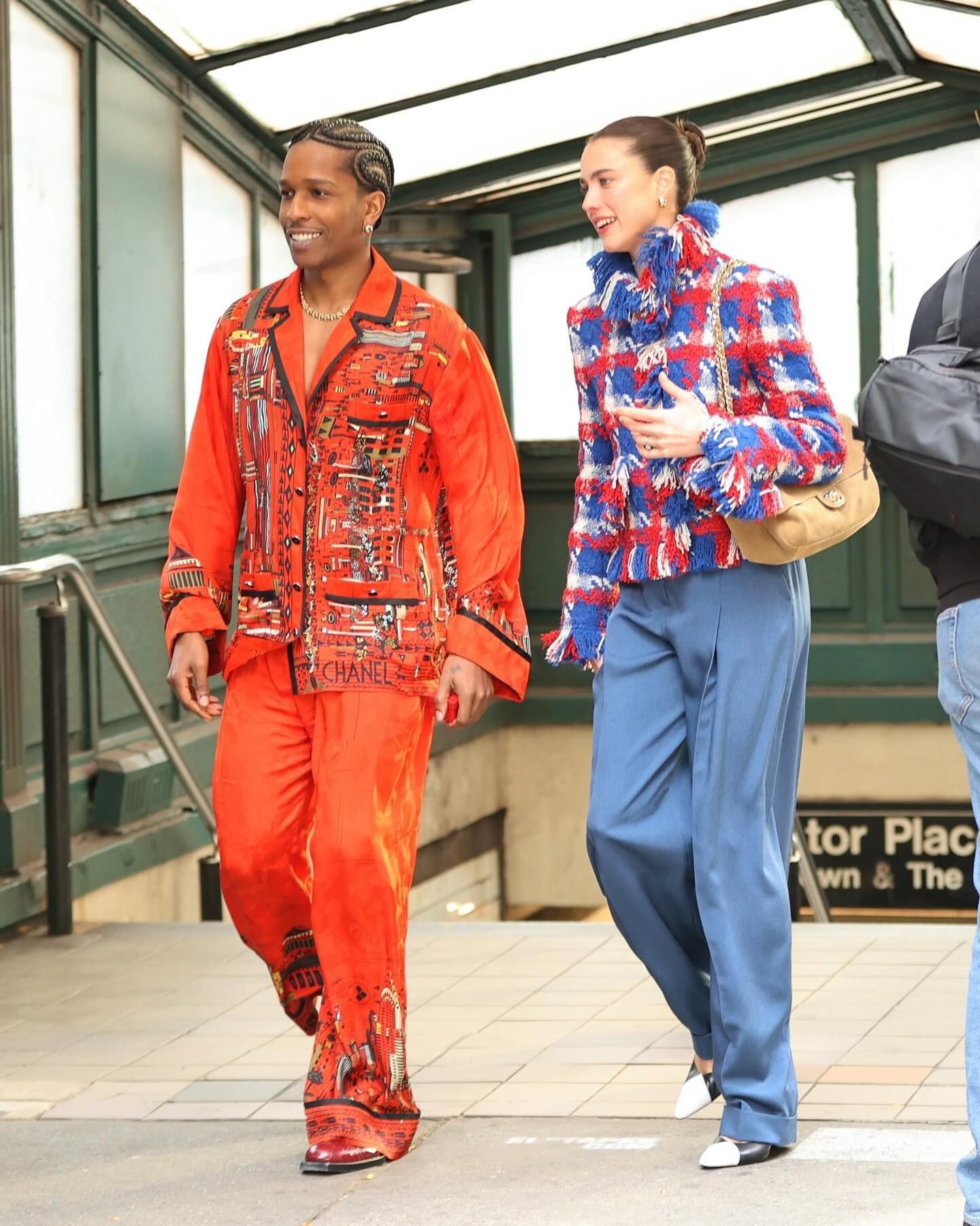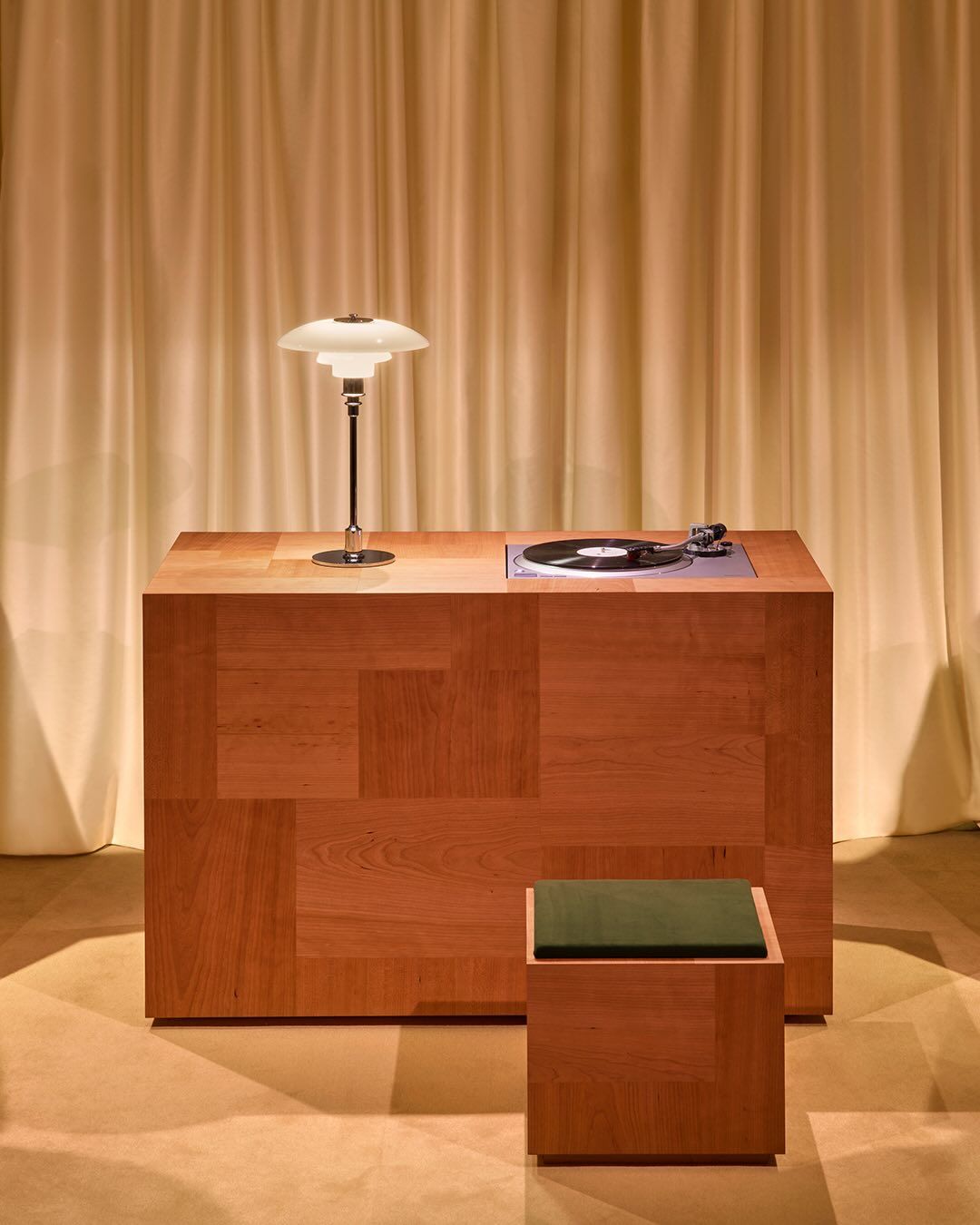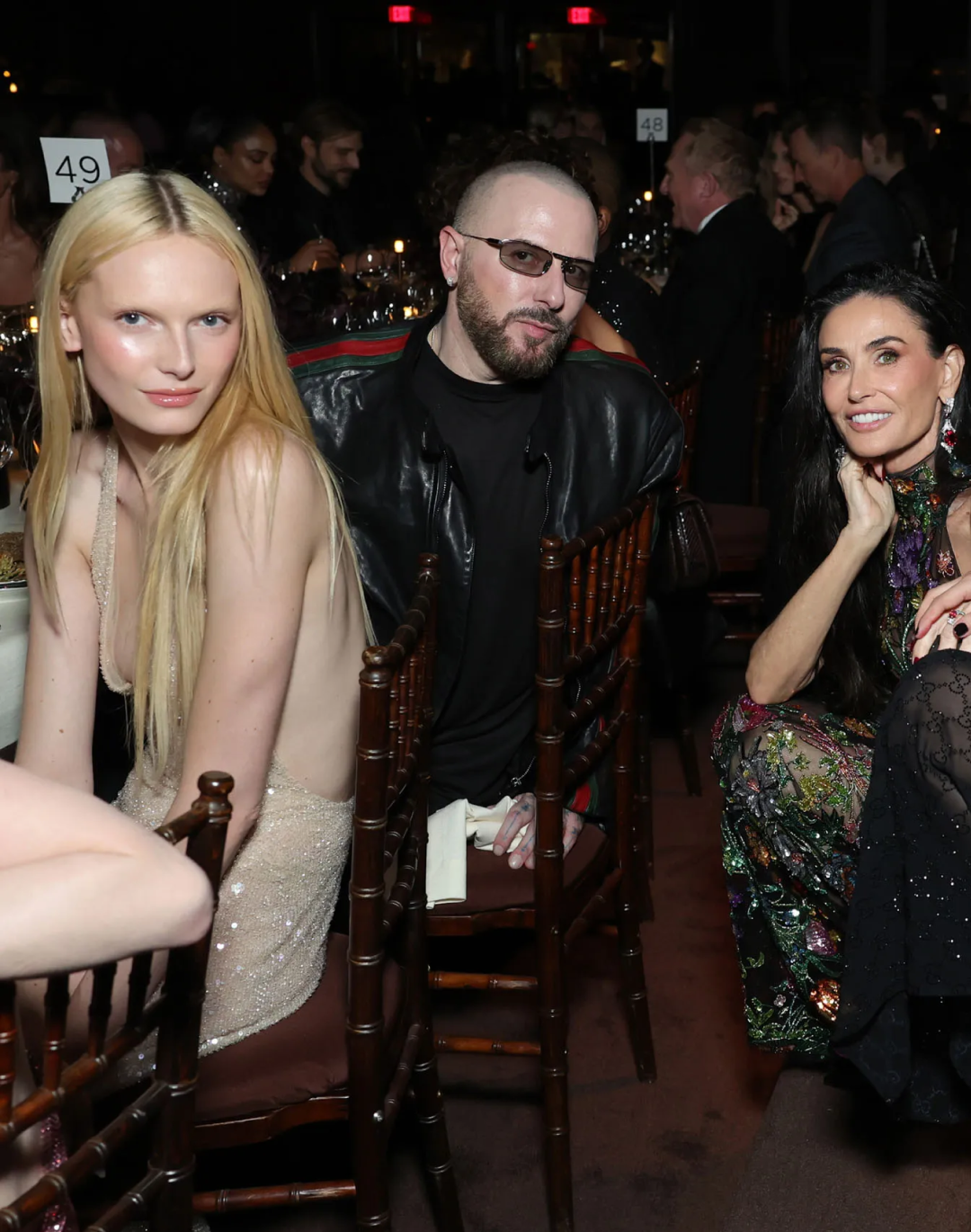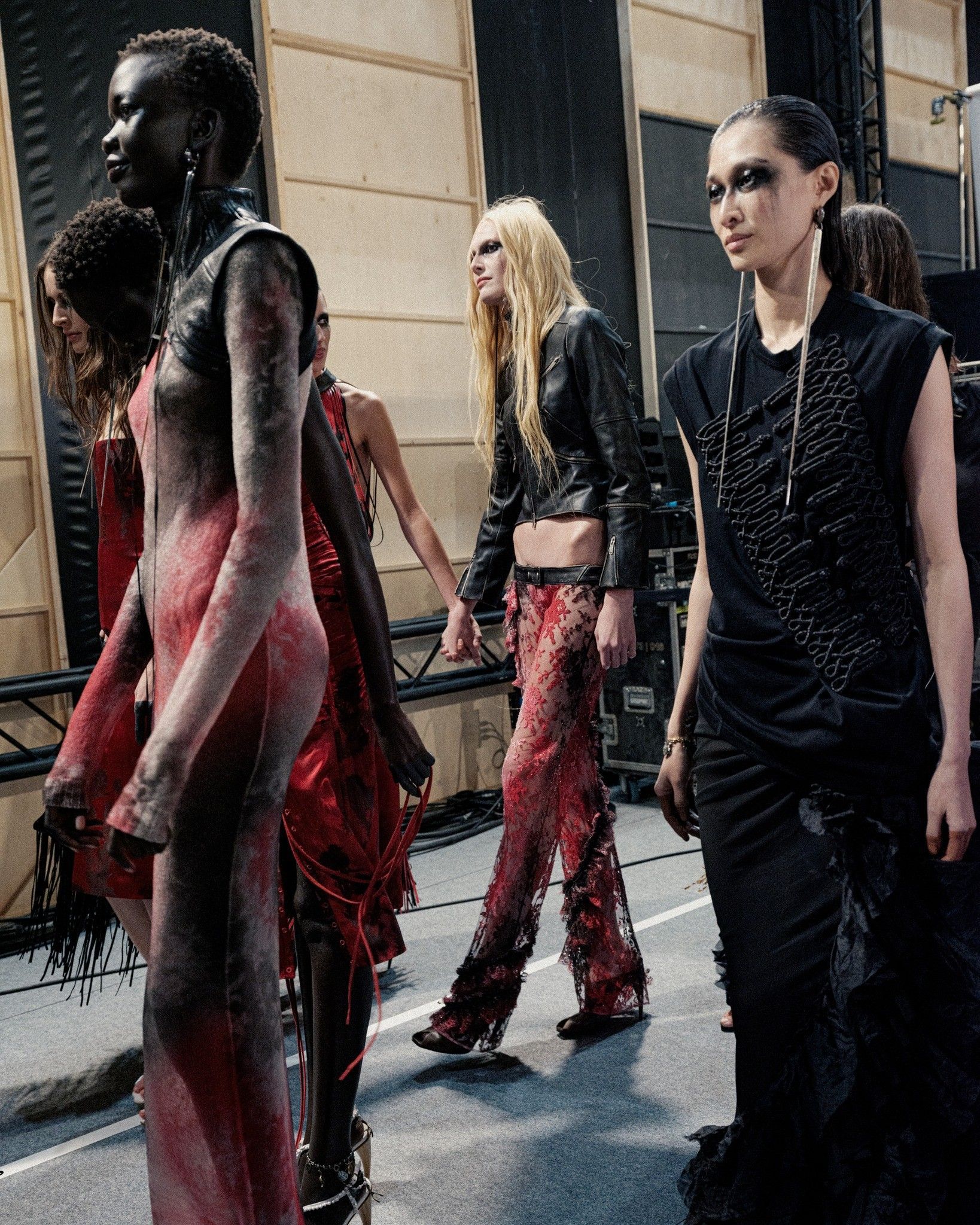
The power of names in fashion according to the law We asked the law expert Lucrezia Massa Finoli what the law says about the protection of the name in family brands
A name is something very powerful, especially in the fashion world. Before knowing the language and aesthetic codes of a brand, we know its name. So much so that those most averse to the concept of logomania often complain that a certain product is simply a trivial object with a name printed on it – but it is precisely in the few letters of that name that the power of a brand is hidden. Often these names are shared, as happens in the case of family-run fashion brands that, especially in Italy, are many: dynasties such as Gucci, Prada, Ferragamo, Versace, Zegna and so on, have been at the helm of companies that represent the best of their sector for decades. But a shared name is also a name that can disperse – and by dispersing it can take power away from the brand that that name represents.
This was the case, for example, of Paolo Gucci, nephew of the founder of Gucci, who wanted at all costs to start his own business going against the family and triggering a storm of lawsuits that lasted years. According to the law expert Lucrezia Massa Finoli, interviewed nss magazine, in fact those who want to use their name for commercial purposes «can do so provided that the use complies with the principles of professional correctness, nor must they unduly take advantage of the use of the same name or damage the reputation of the previous owner of the trademark» that is, it must present itself as a completely autonomous and separate entity, completely recognizable as a product external to the original brand - a thin boundary that in the case of Paolo Gucci perhaps referred to the improper use of the family name. Nevertheless, the lawsuit won in New York in 1988 by Paolo Gucci himself for the use of his full name PAOLO, BY PAOLO GUCCI on his products shifts the topic towards that of coexistence agreements between brands.
But always according to Massa Finoli, «the comparison between the marks must be evaluated in practice» because when it comes to brands that bear the name of a family or their designer, who in jurisprudence are defined as patronymics, there is a sort of gray area: on the one hand, in fact, every person «retains the right to use their name on the basis of the assessment of the principles of professional correctness» while at the same time «could lead to a likelihood of confusion for consumers». Precisely the idea of "confusion" becomes the needle of the balance in the matter – the reason why two brands like Mario Valentino and Valentino Garavani managed to stipulate their coexistence agreement (which regulates the simultaneous use of two potentially similar brands) in '79 leading among other things to the birth of the famous V Logo of the second brand and the obligation for Mario Valentino to insert his full name in all bags. One of the most striking but less known cases, however, occurred outside the fashion world, was «the 1981 coexistence agreement between Apple Corps (owned by the Beatles) and Apple Inc. (owned by Steve Jobs) through which the peaceful coexistence of the two brands on the market was envisaged provided that Apple Inc. it would never operate in the music industry just as Apple Corps would remain outside the computer industry».
Another issue concerns the descendants of the founder of a brand who want to use their name for commercial purposes, as in the case of Guccio and Alessandro, son of Giorgio Gucci. In that case «the assignment of the patronymic trademark implies the loss for the owner of the possibility of using his name as a trademark». Nevertheless, that name can be used in compliance with the "principles of professional correctness" but also in such a way as to «not to generate risks of confusion among consumers». The issue of the sale of their names has numerous precedents in the fashion world: Jil Sander, Thierry Mugler, Martin Margiela, Ann Demeulemeester, Helmut Lang, Halston, John Galliano and Donna Karan are all examples of designers who have sold trademarks related to their name, losing the rights to use it and generating confusion in cases such as that of the collaboration between Uniqlo and designer Jil Sander, who have signed a collection named J+ because, as specified to nss magazine a representative of the brand «the brand bears her name, but Mrs. Sander is no longer linked to the activities of the maison».
It is no coincidence that the designer-stars of the new generation such as Alessandro Michele, Hedi Slimane, Kim Jones, Matthew Williams or Phoebe Philo have always been very careful never to overlap their name with that of the brand for which they worked, using it only in the case of collaborations in their own right. A trend that has highlighted how, for today's designers, mindful of the past, the patronymic brand has become a bankable asset, endowed with a unique intrinsic value, which all the designers of the future will have to learn to defend if they do not want to follow the fate of Paolo Gucci.



































































